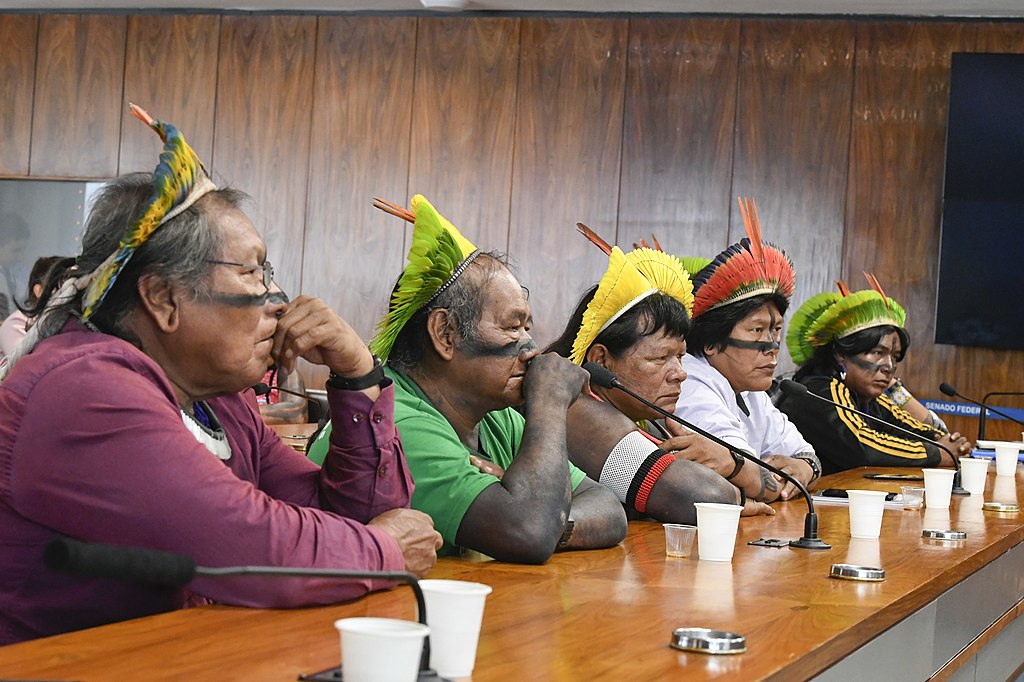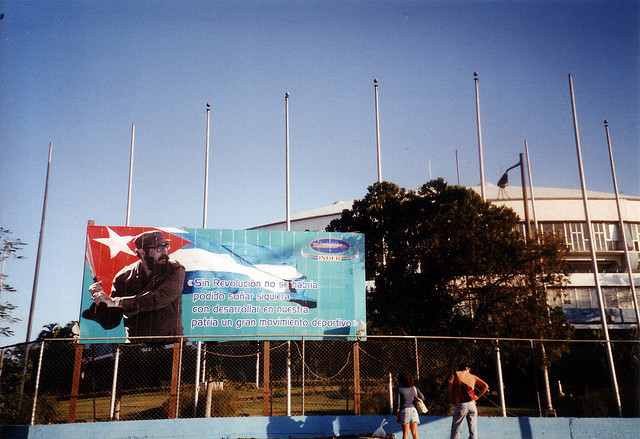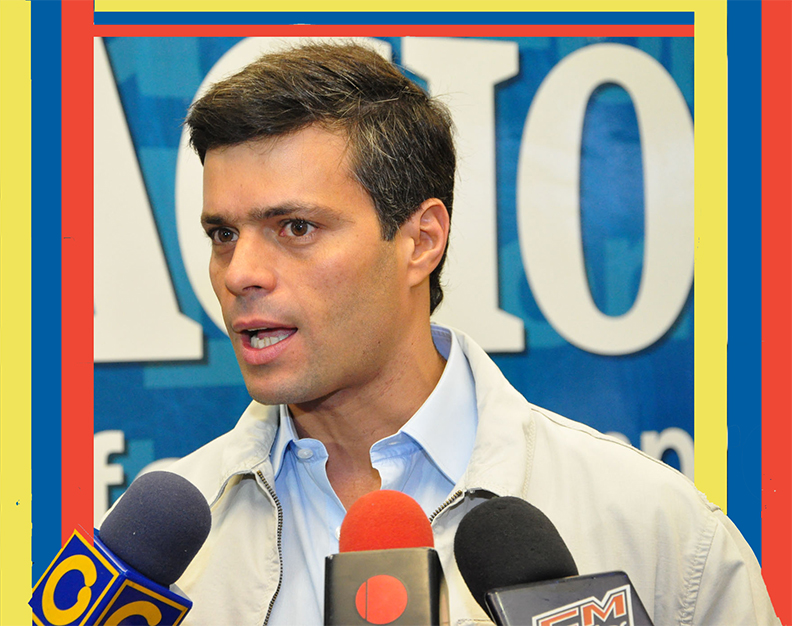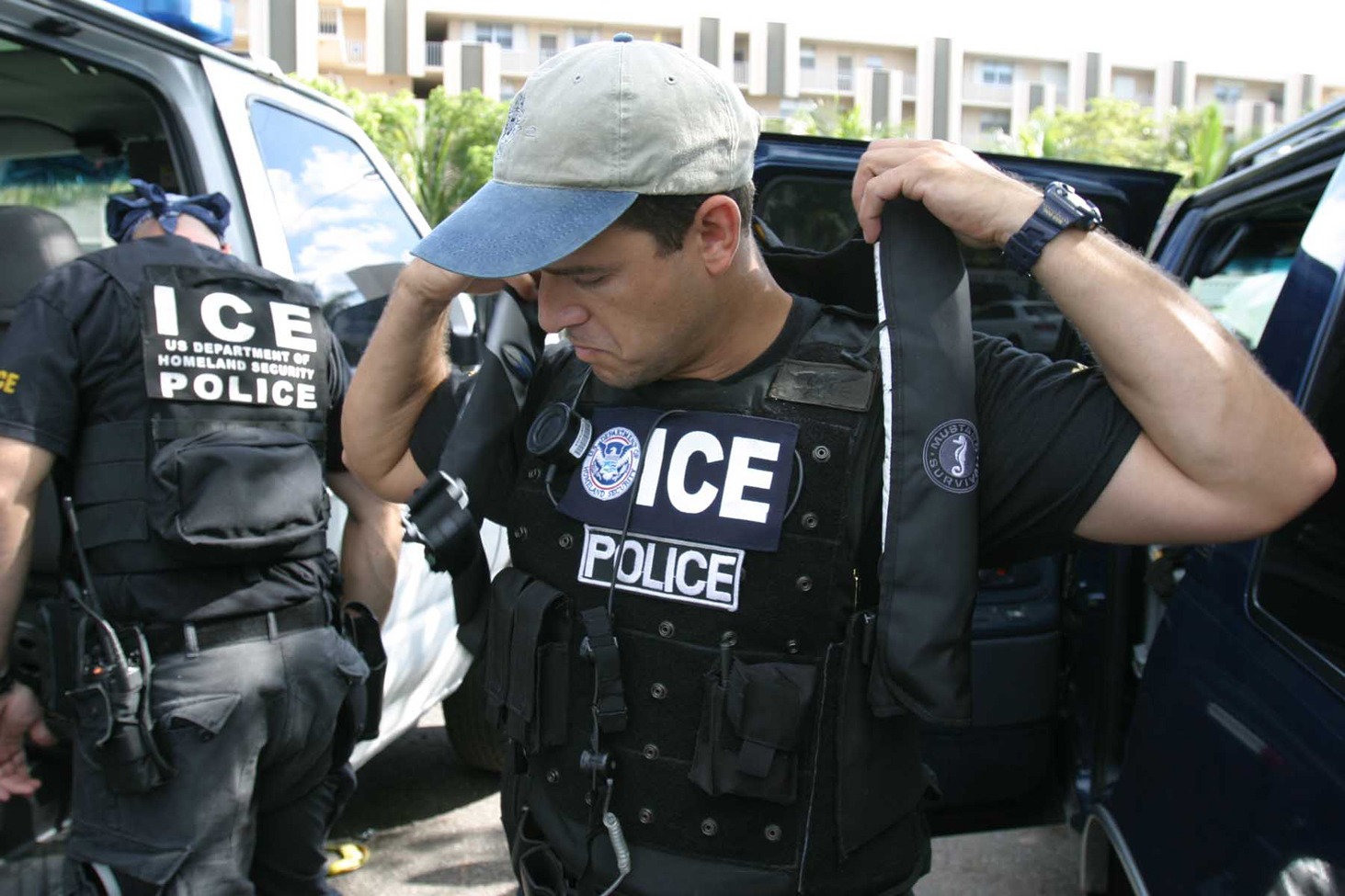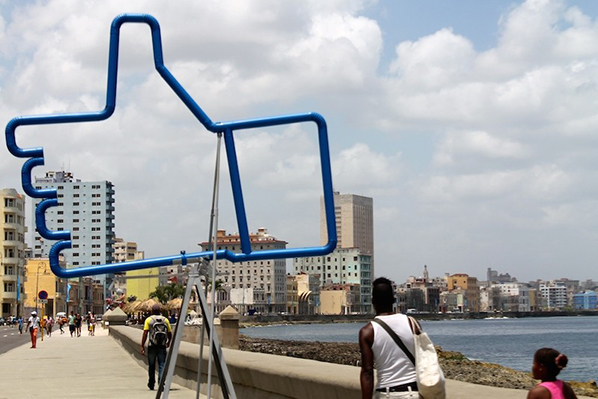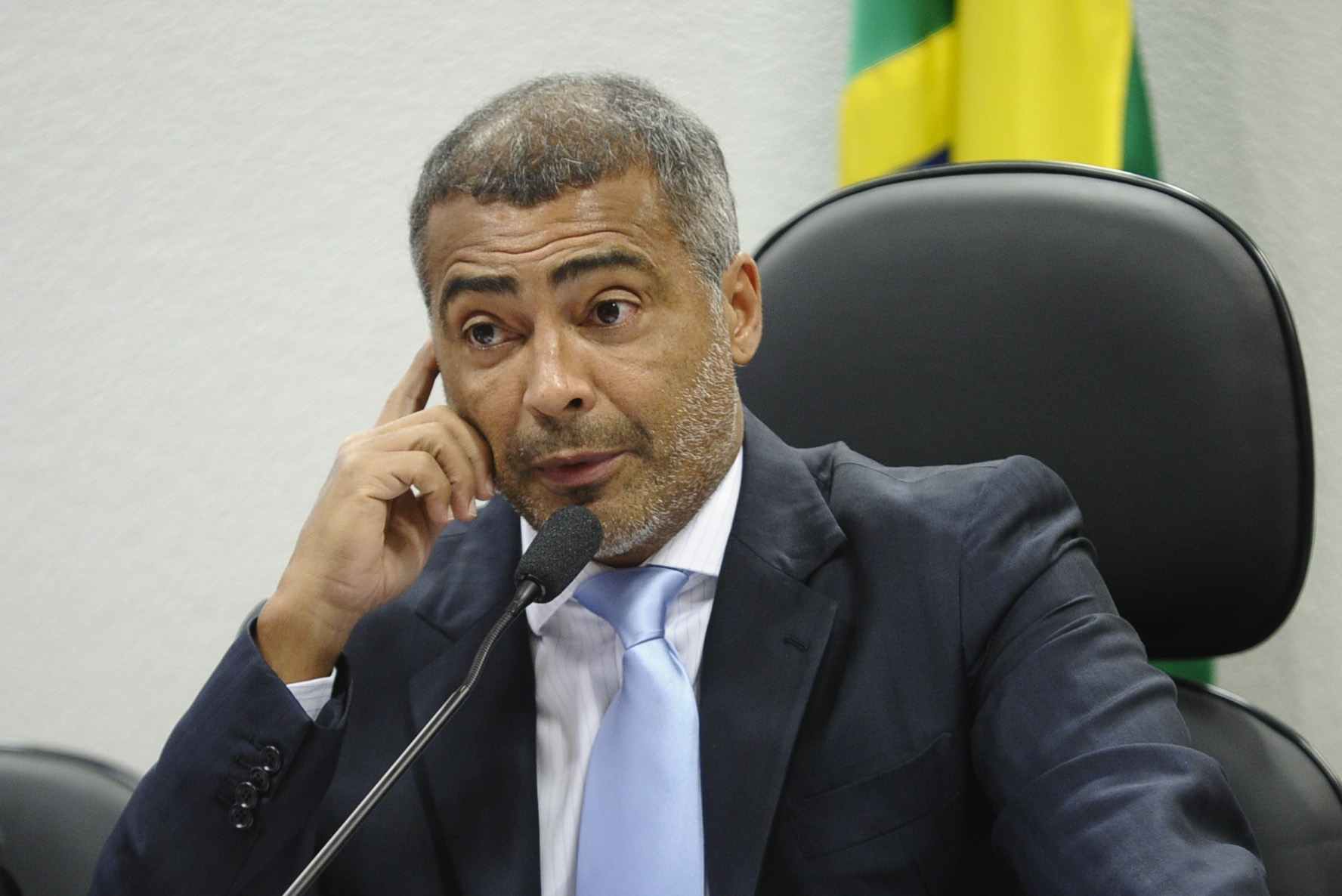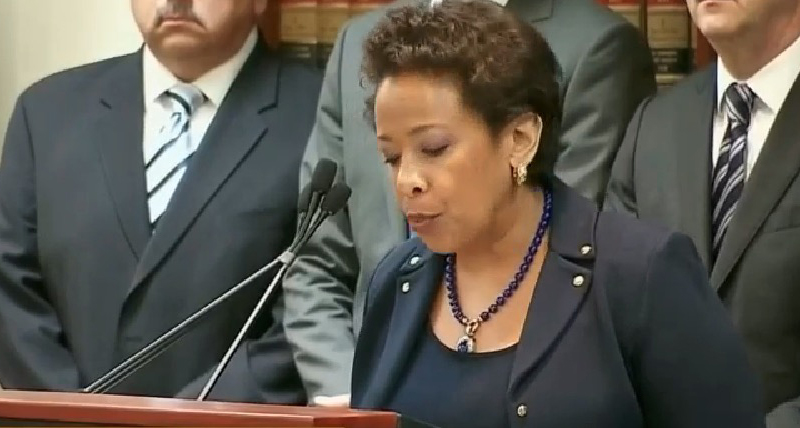
Latin America: Week in Review, North America, United States
FIFA Officials From Across Americas Indicted on Corruption Charges
May 28, 2015 By Staff
In a sweeping indictment announced on Wednesday, the U.S. Justice Department charged 14 marketing executives and top officials from international soccer’s governing body FIFA — 12 of whom are from Latin America or the Caribbean — in a bribery and kickbacks scheme dating back decades. Swiss authorities arrested seven FIFA officials early Wednesday morning at a Zurich hotel where the organization was holding its annual meeting, and they will eventually be extradited to the United States.
The charges shed light on the way that powerful officials and local strongmen in the Americas control the wildly lucrative business of soccer, often trading their influence to enrich themselves. The case also displays some of the shadowy inner workings of FIFA and its regional organizations, which have often been accused of corruption and a lack of transparency, but have mostly avoided punishment.
The U.S. Justice Department has vowed more arrests in an investigation they say is just beginning.
“The indictment alleges corruption that is rampant, systemic, and deep-rooted both abroad and here in the United States,” said U.S. Attorney General Loretta Lynch, who has led the investigation that first began while she was the U.S. Attorney for the Eastern District of New York. “And it has profoundly harmed a multitude of victims, from the youth leagues and developing countries that should benefit from the revenue generated by the commercial rights these organizations hold, to the fans at home and throughout the world whose support for the game makes those rights valuable.”
Some of the men are powerful names in local politics, like José Maria Marin, a Brazilian politician who rose to power during the country’s military dictatorship and has come to dominate Brazilian sports. The men named in the indictment are from countries across the region, including the United States, demonstrating both the breadth of the investigation and the sweeping corruption that has plagued the sport worldwide.
FIFA has said it will fully cooperate with authorities investigating the case, and has suspended those named in the indictment. FIFA President Sepp Blatter, who has long been criticized for alleged corruption during his 17-year presidential tenure, has denied that the investigation pertains to him.
“As unfortunate as these events are,” Blatter said in a statement, “it should be clear that we welcome the actions and the investigations by the US and Swiss authorities and believe that it will help to reinforce measures that FIFA has already taken to root out any wrongdoing in football.”
Just Published in Latin America News Dispatch
- Gentrification is a hot topic in American cities right now, from New York all the way to San Francisco. But this phenomenon gets very little attention in Latin America. Check out our latest podcast for our conversation about gentrification with David Adler, a Fulbright scholar studying low-income housing and social policy in Mexico City.
- As the first week of the 12th Havana Biennial of Art kicks off in Cuba, Latin America News Dispatch’s Nicki Fleischner reports from Havana with a photo essay chronicling how Cubans interact with pieces located along the city’s iconic Malecón boardwalk.
- The decision by leaders of Colombia’s FARC rebel group on Friday to call off a unilateral ceasefire — in effect since December — dealt a serious blow to the group’s peace negotiations with the Colombian government. But was it ever truly a ceasefire? Armed-conflict analyst Leonardo Goi investigates from Bogotá.
Headlines from the Western Hemisphere
North America
- Foreign direct investment dropped by 49 percent in Mexico in 2014, according to a UN study released Wednesday, which recorded a drop of 16 percent for the region as a whole — an effect, the authors said, of declining growth in the region and lower prices for its commodity exports.
Caribbean
- The U.S. and Cuba will announce the opening dates for their respective embassies next week as talks over the normalization of relations between the two continue, ABC News reported on Wednesday.
- Haiti’s capital of Port-au-Prince has been inundated with inexpensive Chinese motorcycles, cheap taxi substitutes that clog the streets and cause many accidents — one of the many changes wrought by the 2010 earthquake.
Central America
- The head of Guatemala’s Social Security agency was subjected to an arrest order late on Tuesday for his alleged role in a payouts racket, shortly after which the ratings agency Moody’s downgraded the Central American country’s outlook to “negative,” based on the political crisis facing the government over wider corruption allegations.
Andes
- Peru’s legislature voted late on Tuesday against a bill to legalize abortion for rape victims, reflecting mixed attitudes toward the practice throughout the region.
- A protest march planned for Saturday, organized by jailed Venezuelan opposition figure Leopoldo López appears to be proceeding without the support of many opposition leaders, including members of López’s own party, which The Associated Press suggests points to rifts within the movement against President Nicolás Maduro’s administration.
- Colombia’s left-wing guerrilla group FARC announced the death of a top negotiator in its peace talks with the government in a bombing raid, along with at least 26 other rebels.
Southern Cone
- Brazil’s Senate approved a controversial austerity bill Wednesday that will reduce pension payment plans to widows as part of the government’s larger efforts to reduce high levels of debt.
- After 16 environmental irregularities were found at Chile’s Candelaria copper mine, the country’s environmental regulator filed charges against Canada’s Lundin Mining Corp on Wednesday.
